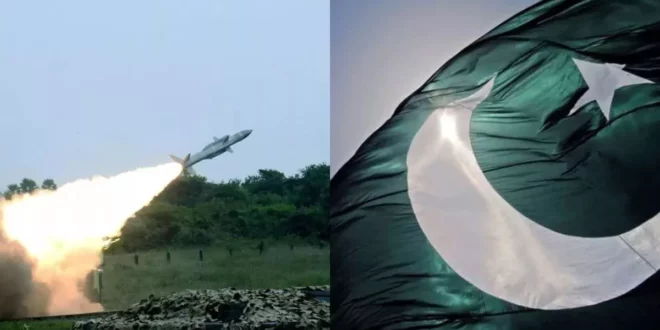Islamabad/Tehran: Pakistan (Pakistan) is finally on the back foot after firing missiles in response to Iran’s air strike. Pakistan has indicated to reduce the current tension with Shia dominated country Iran. Pakistan’s cabinet has decided to end the ongoing deadlock with Iran.
On Tuesday, Iran attacked the positions of Sunni extremists Jaish-al-Adl in Balochistan, Pakistan with missiles and drones. Pakistan said that 2 children were killed in Iran’s attacks, while 3 people were injured. Pakistan had told Iran to face serious consequences for these attacks. A day after this, Pakistan carried out a similar attack in Panjgur area of Sistan Baluchistan province of Iran. According to Iran, 9 people lost their lives in these attacks. However, none of them were citizens of Iran.
“Countries act in self-defence…”: India on Iran’s air strike in Pakistan
Pakistan Air Force targeted the positions of extremist organizations Baluchistan Liberation Army and Baluchistan Liberation Front in Sistan Baluchistan province of Iran. Pakistani Army says that killer drones, rockets and other weapons were used in this attack based on intelligence information. Let us tell you that just a few hours before this attack, Iran’s Foreign Minister Hussein Amir Abdollahian had talked to his Pakistani counterpart on phone.
After Pakistan’s retaliatory action, Iran had summoned the Pakistani Embassy official. At the same time, the caretaker Prime Minister of Pakistan returned prematurely from the World Economic Forum. Earlier, Pakistan had issued an order to Iran’s ambassador to leave the country. Apart from this, its ambassador present in Tehran was also asked to return immediately.
The United Nations and America appealed to both the countries to exercise restraint. Whereas China had offered to mediate to resolve the dispute between Pakistan and Iran. According to the report, during this time there was a phone conversation between Pakistan Foreign Minister Jalil Abbas Jilani and his Iranian counterpart Hossein Amir-Abdullahian regarding the current standoff. After a long discussion, both the leaders finally agreed to reduce tension.
After the attack, Pakistan appeals to Iran – act with restraint, do not take steps that spoil the atmosphere.
“Close coordination on counter-terrorism and other aspects of mutual concern should be strengthened,” Jilani said. According to a statement issued by Islamabad’s Foreign Ministry, “They have also agreed to reduce the current tense situation.”
“Cooperation between the two countries is necessary to neutralize and destroy terrorist bases in Pakistan,” Iranian Foreign Minister Amir-Abdollahian said in a statement.
Meanwhile, Antoine Levesques of the International Institute for Strategic Studies said, “The result of the new situation is that the two countries are clearly and symbolically equal.”
Fear of border closure
Meanwhile, on Friday, Pakistani Prime Minister Anwar-ul-Haq Kakar held an emergency security meeting with the chiefs of the army and intelligence agencies. Both Tehran and Islamabad have said they have targeted hideouts of domestic terrorists sheltering in foreign territory.
Iran-Pakistan Airstrike:
At least 11 people are reported dead in the attacks from both sides. These include mostly women and children. There is an atmosphere of panic among the people of remote villages in Panjgur district of Iran due to these attacks. Villagers fear that the border may be closed due to deteriorating relations between the two countries. In such a situation, rural Iranians may get disconnected from trade. Because the people here are dependent on Iranian trade for employment and food supply.
“If the Iranians close the border, people will starve to death. This will lead to more extremism as youth will join separatist organizations,” said Haji Mohammad Islam, 55. Let us tell you that Baloch separatists are also waging a movement against Pakistani authorities from the largely ungoverned, poor region fighting for a better share in mineral resources.
 Indian Thought Latest News & Views
Indian Thought Latest News & Views



